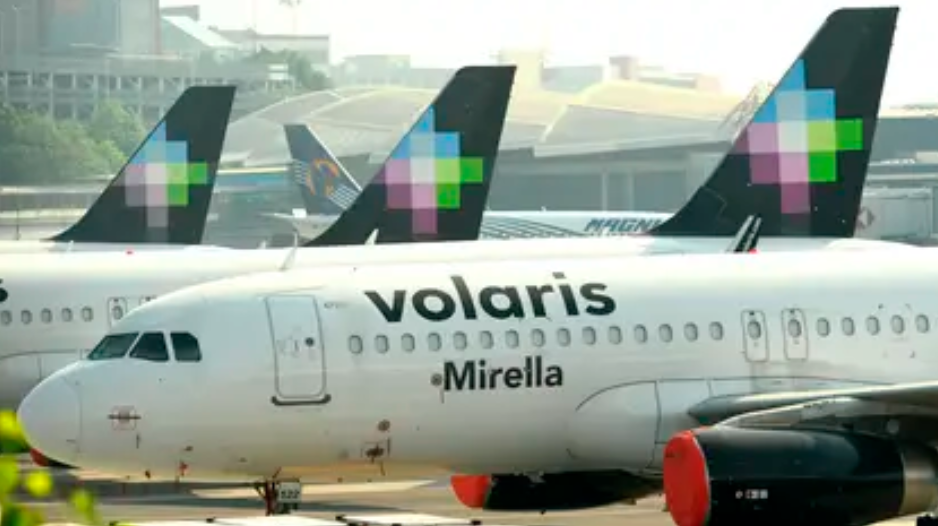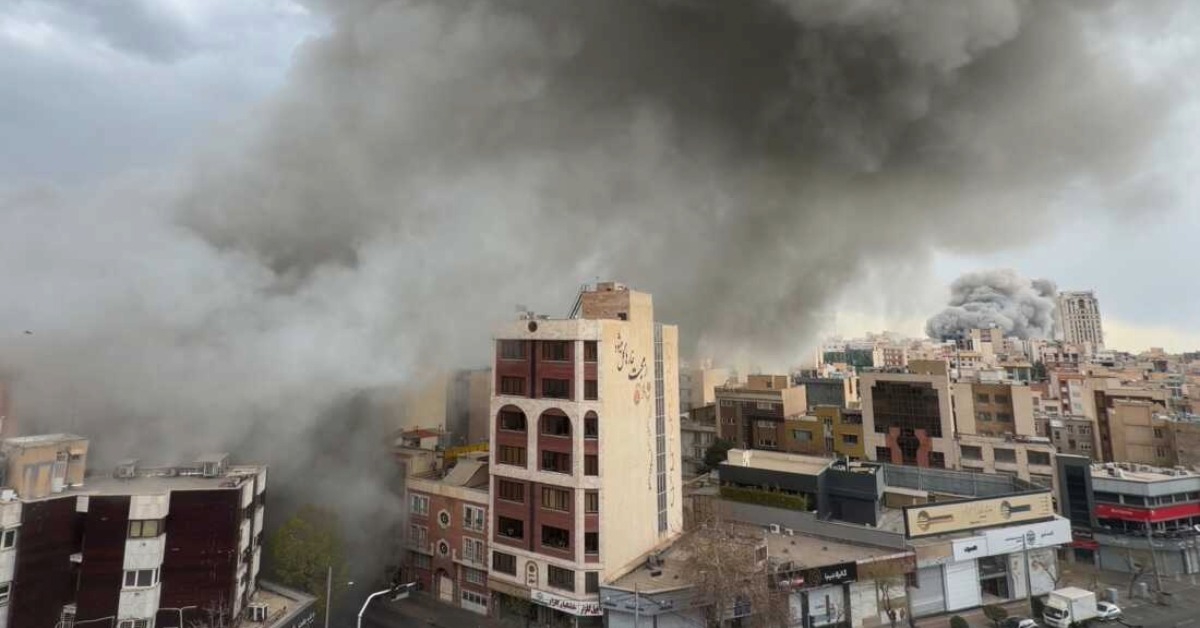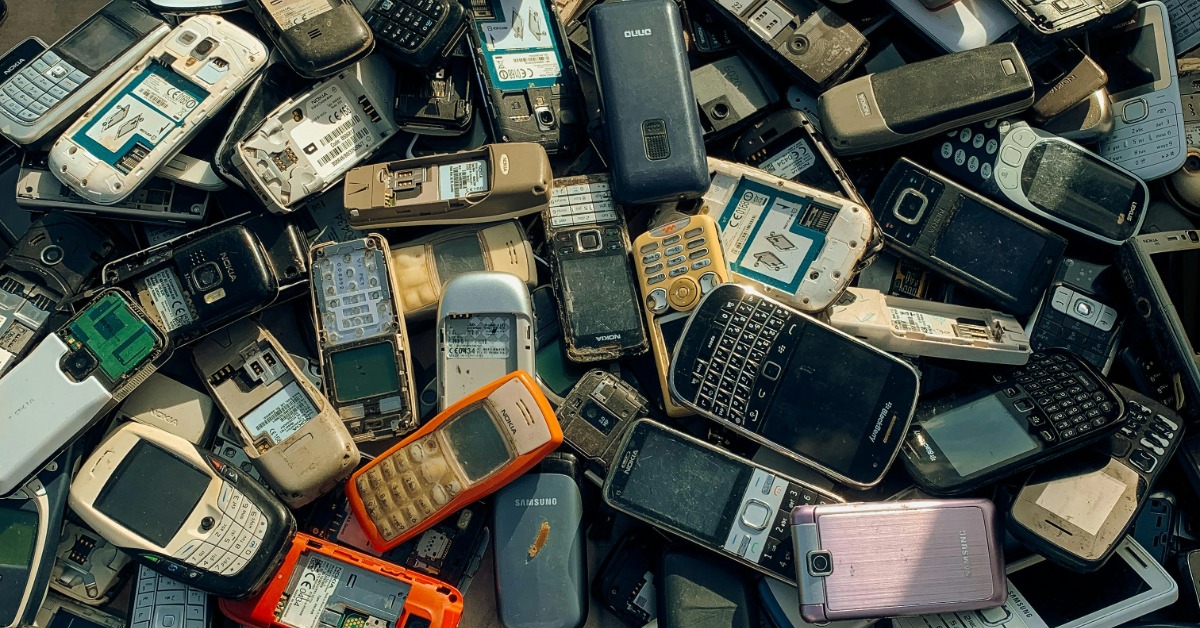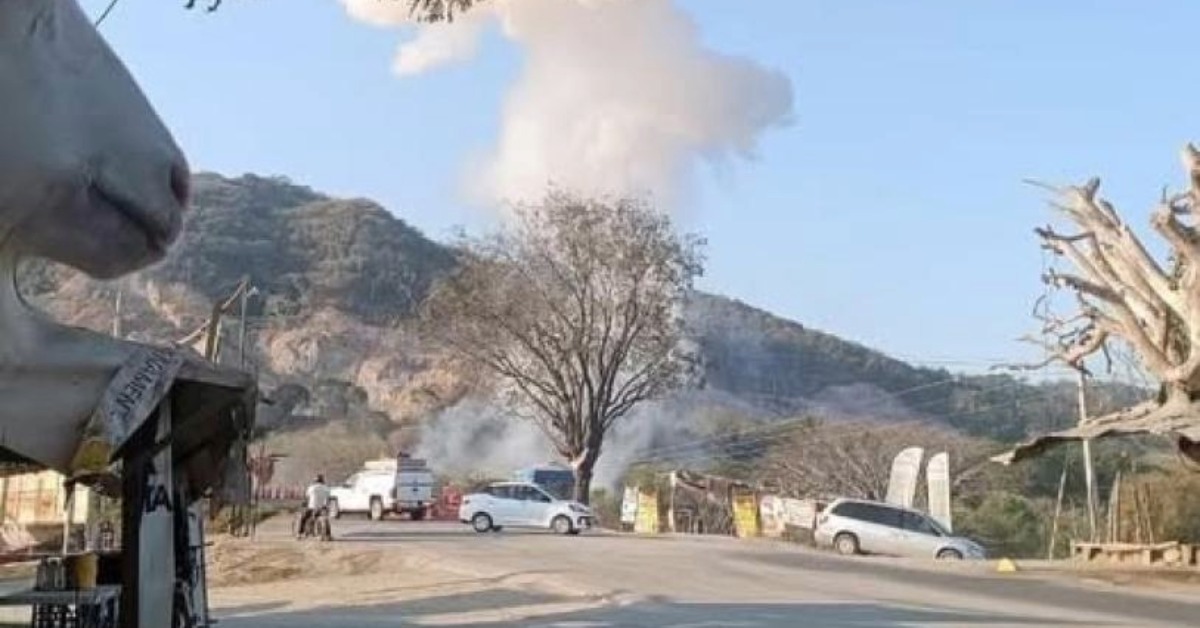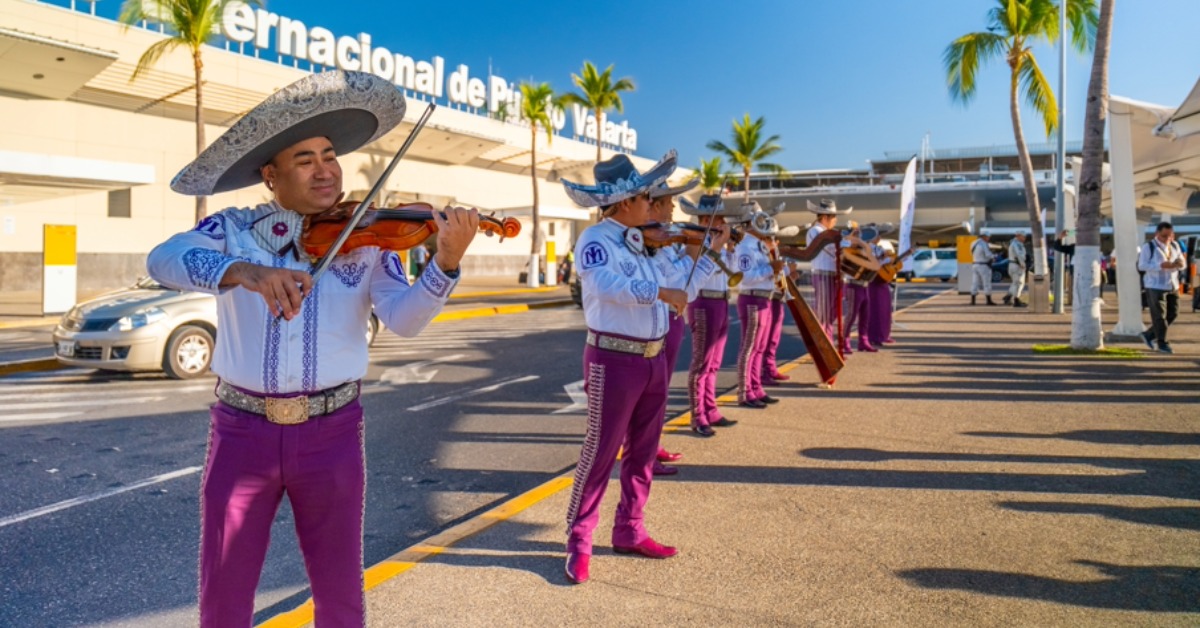One of the economic sectors hardest hit by the health emergency caused by COVID-19 is tourism. Due to mobility restrictions to reduce the spread of the new coronavirus, this industry loses 114 jobs per hour across the country.
This is data reported by the Tourism Research and Competitiveness Center (Cicotur) of the Anahuac University, which has so far accounted for 3.1 million jobs, when in this same month of 2019, the figure was 4.1 million jobs. The industries that have been most affected are airlines and hotels.
However, the number could be . . .


